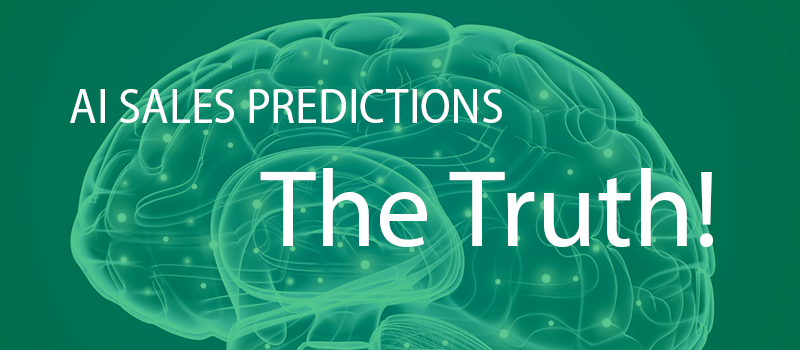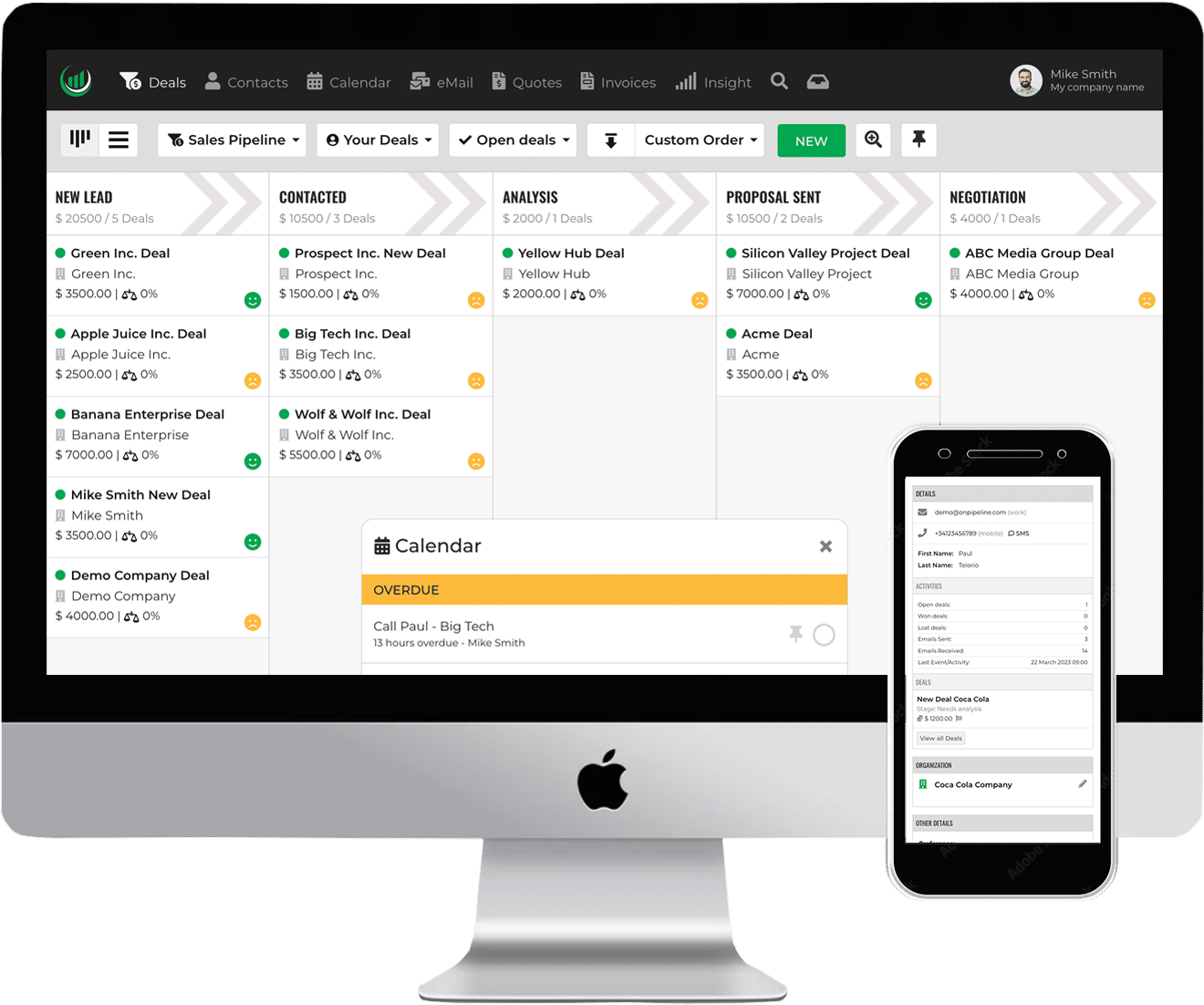Who among us hasn’t always dreamed of being able to talk to the Star Trek computer and receive infallible advice on what to do just by pressing a button? Many of us would like to have such a tool, and that’s why there is so much movement around AI. Unfortunately, we are not yet making interstellar journeys.
How AI sales predictions work
AI sales predictions use machine learning. They work only with much good data and algorithms.
They analyze historical data to find patterns or trends. The process begins with data collection. It gathers vast amounts of sales-related information. This includes customer interactions, purchase histories, market conditions, and external factors like economic indicators.
Once the data is ready, machine learning models are trained on this dataset. These models learn from the data by recognizing complex relationships and dependencies. For example, they “might identify” seasonal trends, promotional campaigns, or changes in behavior.
After the model is trained, it can be used to predict future sales.
The Reality
If it’s about reading and reorganizing data, nothing is faster than a computer. This is where AI comes in, providing truly useful support. However, pushing it towards what we expect, which is predictive reasoning, is probably still a milestone we have yet to achieve
AI’s effectiveness in predicting sales heavily relies on historical data and identifiable trends.
While this can provide a solid foundation for forecasts, it also presents significant limitations. AI systems struggle to accurately account for sudden market shifts or unique variables that do not have a precedent in the data.
As a result, AI predictions can lag behind real-world changes. It gives outdated advice when flexibility is most needed.
Complexity of Variables
Sales is dynamic. It involves many variables, like changes in consumer behavior, shifts in the economy, and competitive actions. Most of these are hard to measure and predict.
AI’s current technology fails to fully integrate these factors into its models. This leads to oversimplified forecasts that may miss critical nuances.
AI in CRMs ranks leads by their likelihood to close. It suggests next steps for sales reps and automates tasks like data entry and scheduling.
As far as task input is concerned, we are talking about automations based on triggers that you likely set up yourselves. As for the predictive aspect, the considerations mentioned above apply, and we can say here too that it is overrated.
Let’s be honest, AI can help us quickly pull together a sales forecast for a meeting. But when we really look at the data it produces, we often see it’s just tracking trends – something that perhaps we could do with pivot tables. In the end, we still need to make sense of these insights.
AI Positive Impact
AI’s strength lies in its ability to process and organize large datasets more efficiently than humans can. However, making nuanced decisions in unpredictable environments is hard. AI systems cannot do it alone yet.
AI technology cannot replace human judgment. This is especially true in scenarios that need a deep understanding of complex, ever-changing factors.
It works best as a supportive tool giving a data-rich base for human decision-makers. The ability to quickly sort through and make sense of vast amounts of information can greatly influence strategic decisions.
It’s also useful for tasks like drafting reports and making marketing presentations.
AI and CRM
AI-powered chatbots and virtual assistants are now common features in CRM systems. These tools can handle many customer service tasks.
They can answer common questions and fix issues without humans. This speeds up responses. It also lets human service reps focus on complex and sensitive cases.
From the view of the consumer, we are in a situation like the early chatbots. They were based on a search engine and gave pre-packaged responses. They made you feel like you’re not chatting with anyone.
Now, with AI, we have humanized the way of responding, and some systems are very similar to a human being (obviously, they can work if adequately ‘informed’). As for the ability to solve problems, there’s still much to be done, but it’s certainly an intriguing path.
Another widely-used application is the text suggestion tool. It’s not just for CRMs. For example, it’s used for writing emails. It’s undoubtedly useful and saves time.
But, you must carefully review the text. Sometimes the AI seems like it just woke up after a night of partying and writes strange things. Let’s say that the overall judgment in this case is not negative.
Security Considerations
We’ve read a lot about it, but perhaps it’s worth mentioning.
Few people know that the machine learning engines everyone uses for AI are controlled by a few large groups. They are the same ones we ask every day if they are using or selling our data.
It’s true that we pass anonymized data to AI. But, the more data we provide, the more accurate the analysis will be and the less likely it will produce nonsense.
We are talking about industries, products and location data. Also, a set of sales indicators and interactions. They could be understood by cross-referencing them with other data!
Imagine all this traffic in the hands of a single computer. Do we trust it? How important is our business? Maybe it’s worth thinking about it. We should weigh the costs, benefits, and risks. We need to see if today’s AI can really help the business.
Hey!
Hey! is a virtual CRM assistant integrated into Onpipeline, providing real-time updates and guidance. It tracks your sales pipeline, so you don’t miss important sales tasks and can work efficiently. It is powered by advanced algorithms made by our skilled engineers.
The result? A Sales CRM tool designed to supercharge your performance and productivity. With Hey!, your most precious resource, time, will be saved, allowing you to focus on what truly matters.
Takeaways
AI holds much promise for revolutionizing sales predictions. But, its current use often falls short of expectations. The technology’s dependence on historical data and difficulty in processing complex, variable-rich environments limit its effectiveness.
Therefore, while AI can be a powerful tool in a business’s arsenal, it is most effective when used in conjunction with human expertise, serving as a supplementary aid rather than a complete solution.
The hype surrounding AI’s capabilities in sales forecasting needs to be tempered with a realistic understanding of its limitations and strengths.



